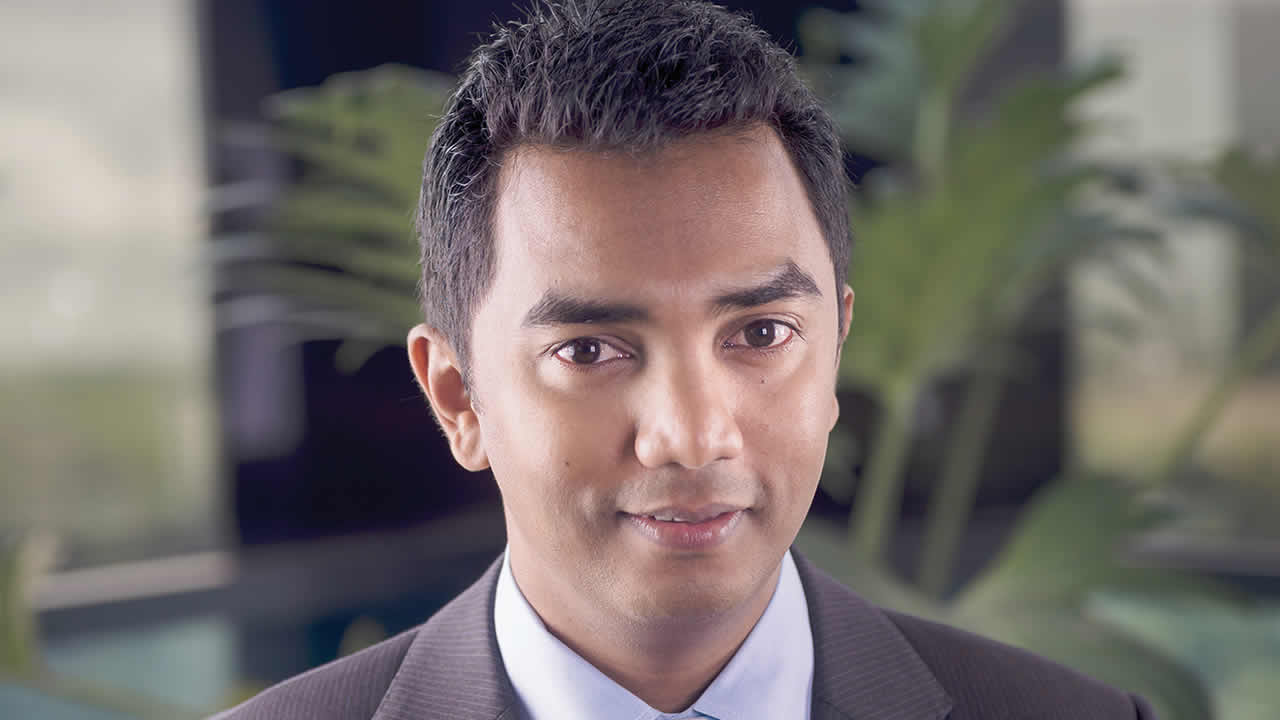
Economist Arvind Nilmadhub analyses the current situation where the economy is stagnant and the country is on the edge for a by-election in the Constituency No 18 Belle Rose/Quatre Bornes. He reveals that that at this particular stand of time, Mauritius needed more sustainable investment projects rather than a by-election that will change merely nothing. As for the Metro Express, he highlights more interesting solutions could have been brought forward.
What is the impact of a by-election in the business world?
Usually during election times, the business world is rather slow since all businessmen and consumers are all in a wait and watch mode. However, this by-election will have minimal impact on the business world since it concerns only one constituency.
Thus there will be no serious consequences?
I don’t think there will be any major slowdown in economic activities. The only slowdowns will be felt two days before the election.
Will the results of this election influence the mood of the business world?
Absolutely not. The results of the election will not change any policy decision. It is only one voice in Parliament which will be replaced. One voice, if it is in the opposition team, will have minimal impact in the business world.
At this stage, do you think Mauritius needed a by-election?
Not really. I read a statement saying that the costs incurred by the Government for a by-election is approximately Rs 10 million. If the Member of Parliament which had resigned stayed in Government until the general elections, his salary and benefits would have been less than Rs 10 million. So, in a sense, the move by Roshi Badhain is costing the Government more money.
Do you feel it is an appropriate means to measure the popularity of the government?
I don’t think so. There are other means to judge the popularity of the Government such as surveys. The fate of a Government in power is decided only at general elections.
The main reason for the resignation of Roshi Bhadain is the Metro Express. What is your opinion on the introduction on the Metro Express?
The Metro Express is argued to reduce traffic congestion. However, there are many things which could have been done to reduce traffic congestion. Increasing internet connectivity, decentralising Government offices across the island, encouraging companies to adopt flexible working hours, providing public transport 24 hours are solutions to the traffic congestion problem. In terms of pollution caused by vehicles, there are several other measures which can help reduce pollution. Using renewable energy and encouraging electric/hybrid vehicles on the road are among the solutions which can be adopted.
Opponents of the Metro Express have been arguing about the increased debt due to Metro Express, what is your analysis of this?
There is no doubt that the Metro Express will increase the debt, even though it is not included in the calculation of the national debt. As stated above, some of the solutions I have provided above would have cost the Government less money.
Is it a wise decision for amending the Public Debt Management Act so that only the Gross debt is taken into consideration rather than the Net debt?
The new calculation method is in line with the IMF calculation. However, rating institutions such as Moody’s and Fitch use Net debt to calculate the ratings they give to countries. Investors make their decisions based on these ratings. So, I believe the Government should also have an eye on Net Debt.
What should be our main economic priorities to boost up our economy and investment?
The main priorities should be to increase consumption and that can be done by creating more jobs. As for investment, we should look at sustainable investment projects. Property development projects have short term effect on an economy compared to manufacturing and services investment projects. These kinds of investment create long term sustainable employment.
Mauritius is aiming to be a High-income revenue by 2030 but a recent survey reveals that 48.8% of employees are earning salary less than Rs 15 000. How can we achieve such a status if such conditions continue to prevail?
First of all, the Per Capita Income is the benchmark used to calculate the income status of a country. If there are few people earning huge amount of money and the rest earning little amount of money, the Per Capita Income will be skewed and will show big figures. As I have been publicly saying for quite some time, we are facing a situation where the middle-income class is becoming poorer and the income gap is getting bigger. And we will only achieve a high-income status if the Per Capita Income figure is increased, irrespective of the true picture of how much the average middle-class income earns. I believe that the Government should have a long-term strategy focused on energy, consumption, development inclusiveness and new market/products which is a better benchmark than the High-Income revenue status.
 J'aime
J'aime














